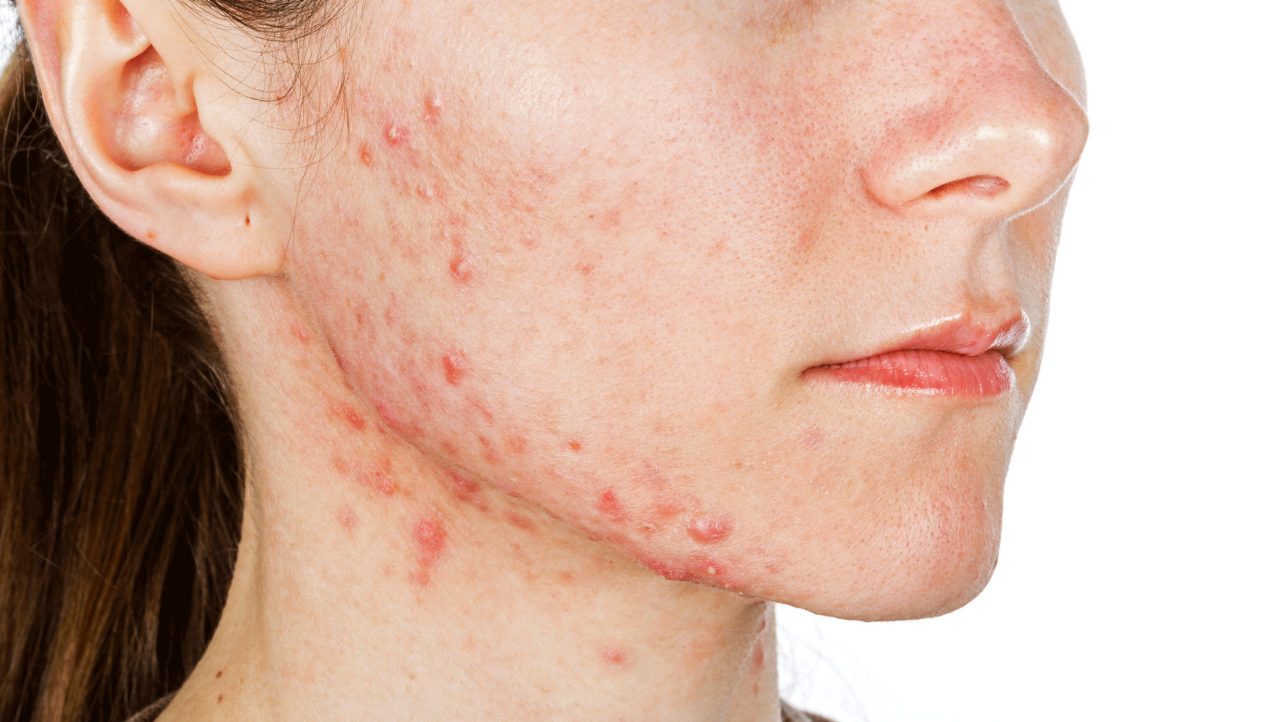Millennials May Not Be Immune from Measles

Americans born before 1989 may need a second dose of the measles shot to be immune and resist outbreaks around the world. Here's what you should know.
When the measles, mumps, rubella (MMR) vaccine became available in the United States in 1971, scientists recommended just one dose. But they noticed that some kids still got measles. Eighteen years later, the official recommendation became two doses, separated by at least a month.
Symptoms of measles generally begin one to two weeks after you are infected. The first symptoms are cold-like and include fever, runny nose, cough, muscle pains, and red, watery eyes. Two or three days after symptoms begin, you may develop white spots inside your mouth.The primary symptom of measles, however, is the distinctive rash that appears three to five days after symptoms begin.
Earlier vaccines, for measles alone, appeared in the 1960s.
Here’s the deal: If you were born before 1989, you may not know if you ever got the second dose. That includes lots of millennials, the generation born between 1981 and 1996.
YOU MIGHT ALSO LIKE: Measles Symptoms and Treatment
Why it matters: Two doses of MMR vaccine provide 97 percent protection against measles. One dose provides 93 prevent protection, the Centers for Disease Control and Prevention reports.
Worry about this if you’re going abroad or have contact with American travelers. They can bring it home with them. The United States got rid of measles by 2000 with a big push for vaccination. The virus remains common in Europe, Asia, Africa, and parts of South America. In 2019, even several countries with high vaccination rates like Israel, Thailand, and Tunisia had pockets of outbreaks. You can check here to see whether your destination is having an outbreak. However, you really should be protected no matter where you are going. Measles can easily spread in airports, on public transportation, and at tourist attractions.
If you aren’t sure if you got two shots, you can do a blood test to see if you have antibodies to measles. If you do, you are very likely immune and protected. If you don’t, you may still be immune if you remember getting one shot — but you can’t be sure.
Your best move is to get a second one. There is a small risk that adults who get MMR may get mild joint pain, which you can treat with an over-the-counter remedy, one to three weeks later. Don’t be fooled by arguments that measles vaccines created the increase in people with autism spectrum disorder (ASD). There is no scientific explanation of why the vaccines would cause the illness and no observed link between the MMR vaccine and ASD in children. Anti-vaxers in pockets of the United States created the recent outbreaks here.
It’s important to know that measles can be deadly. In 2017, more than 100,000 people died of measles, according to the World Health Organization. Even in wealthy countries, if you are hospitalized you may have complications with lasting effects, such as brain damage, blindness, and hearing loss. Mary Corn, of Falls Church, Va. recalls her experience: “I was lying on my back, looking up at the ceiling through a plastic sheet. My parents were standing in the doorway. I was crying because they wouldn’t come to me.
“It was 1947, and the scene was Children’s Hospital in Columbus, Ohio. I was slightly older than 1 year old, and that sheet of plastic was an oxygen tent. There was no measles vaccine then. I was in the hospital because I had measles and developed pneumonia. I nearly died. This scene is my earliest memory. Vivid memory before age 2 is unusual, but when it occurs, it usually is because of a traumatic event.”
Updated:
June 15, 2020
Reviewed By:
Janet O’Dell, RN